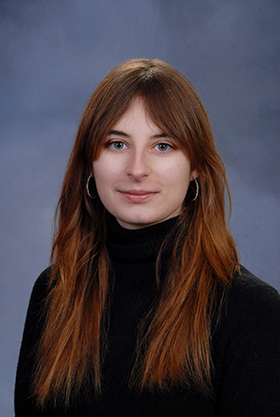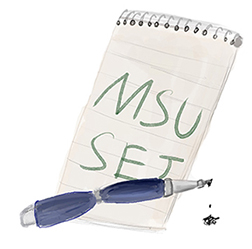 This is the 4th in a series of feature stories on environmental topics by Knight Center students who attended the 2025 Society of Environmental Journalists conference.
This is the 4th in a series of feature stories on environmental topics by Knight Center students who attended the 2025 Society of Environmental Journalists conference.
By Julia Belden
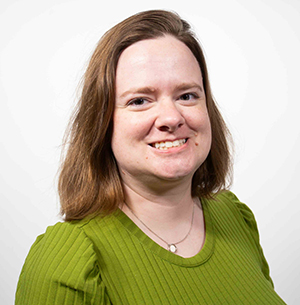
Julia Belden
Journalism – environmental and science journalism in particular – demands from its practitioners a curiosity that often lands one in unusual places.
Out of a myriad of mini-tour options at the 2025 Society of Environmental Journalists conference in Tempe, Arizona, I chose to visit the laboratory facilities of the Global Locust Initiative.
Apparently, attracting conference attendees to visit a basement lab full of locusts was a tough sell.
Of the hundreds of environmental journalists swarming Arizona State University’s campus for the week, I was the only one to attend this insect-themed tour.
It’s a shame, really. Despite their abundance, variety, and ecological and economic importance, insects rarely inspire thoughtful, nuanced press coverage.
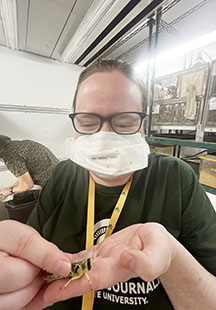
Locust meet & greet: a dream for an animal nerd like me!
Here in the United States, most people are familiar with locusts only in Biblical terms. (Fun fact: it’s thought that the Moroccan locust, Dociostaurus maroccanus, is responsible for the swarms depicted in the Old Testament.)
But in the Global South, locusts swarms can cause catastrophic damage to agriculture – so much so that in 2019-21 desert locust (Schistocerca gregaria) swarms landed on a United Nations list of global disasters.
“Locusts don’t attack people directly, they don’t spread disease. The thing that makes them incredibly dangerous is their voracious appetites,” research scientist Rick Overton tells me as we prepare to enter the lab.
Along with ASU professor Arianne Cease, Overton co-directs the Global Locust Initiative, leading a team of undergraduate and graduate student researchers and collaborating with stakeholders from 40 countries to develop strategies for locust management.
“We affectionately call it ‘Hoppertown,’” Overton says of the laboratory, which is home to tens of thousands of locusts, representing three to six species from around the world, depending on research needs.
The lab adheres to strict standards set out by the U.S. Department of Agriculture’s Animal and Plant Health Inspection Service (USDA APHIS). Continue reading


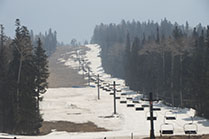
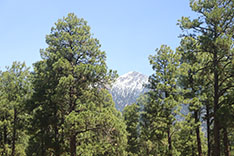
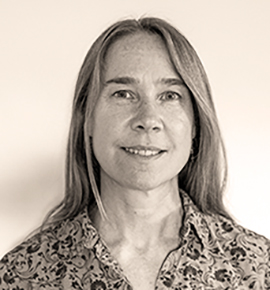
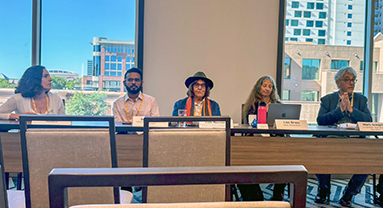
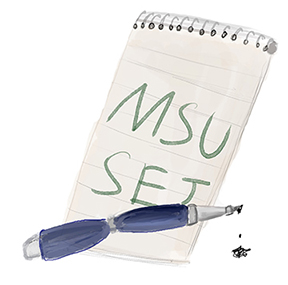 Climate change makes pregnancy more dangerous, impacts reproductive health, journalists say
Climate change makes pregnancy more dangerous, impacts reproductive health, journalists say